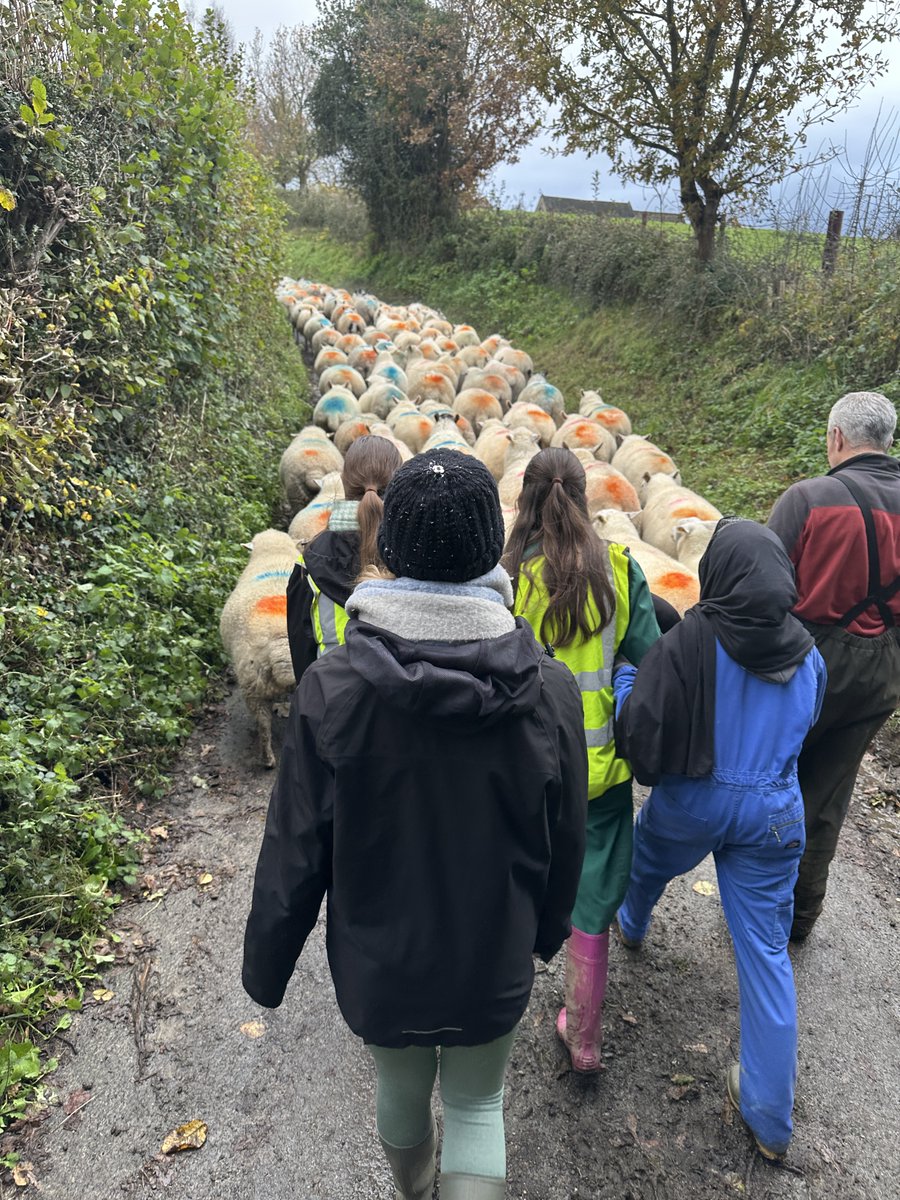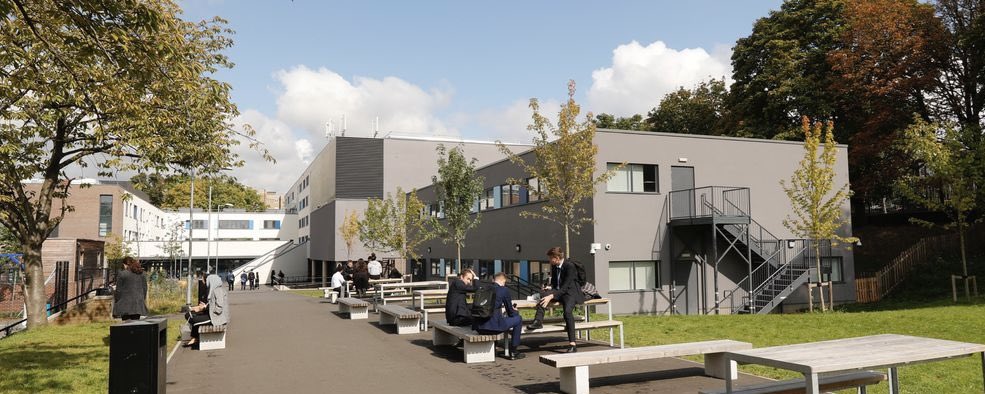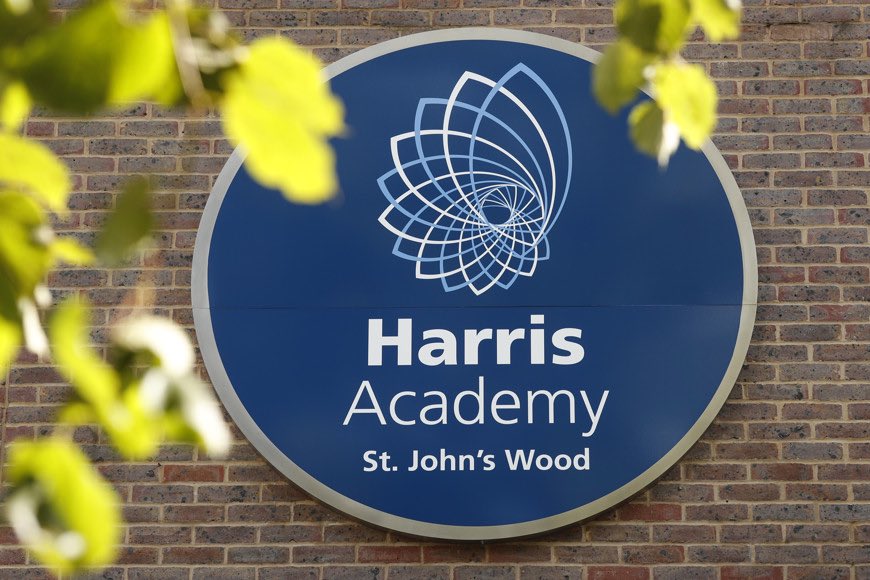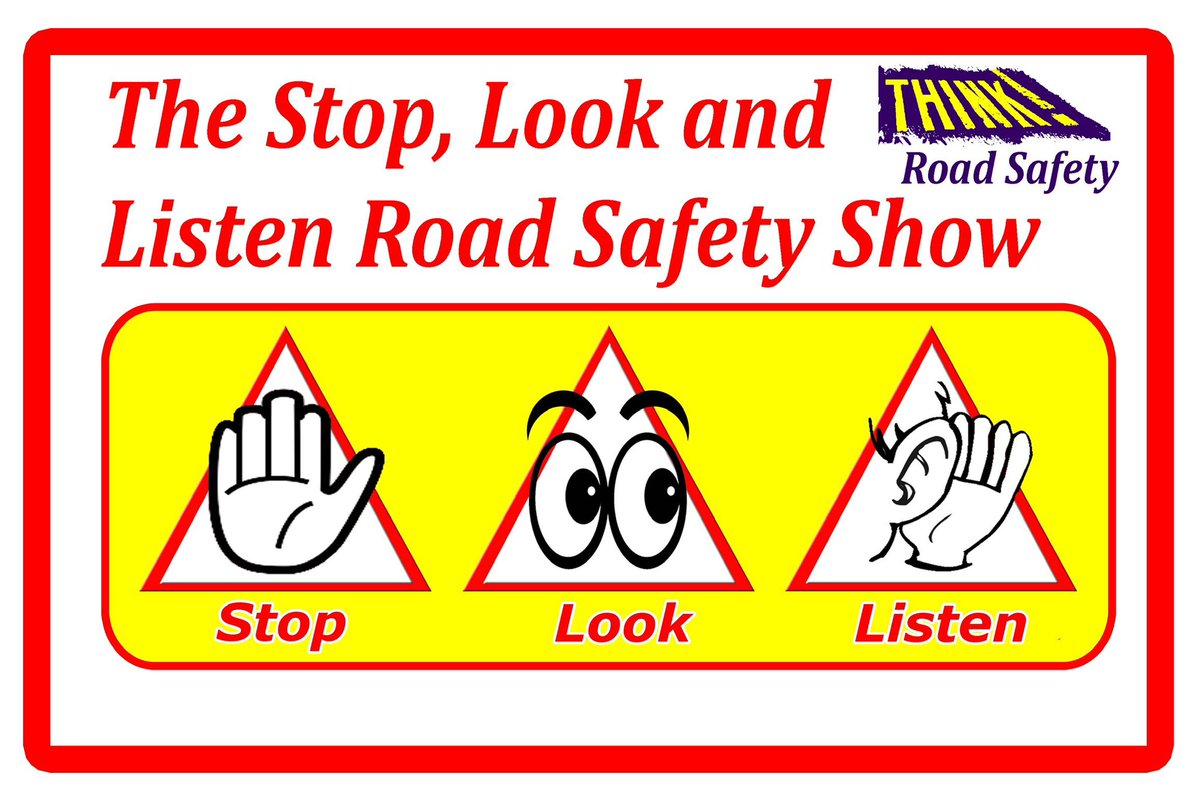Modern Foreign Languages
Our vision is to instil a love of language learning and create confident linguists who are able to speak and write with fluency, but also to provide students with explicit language knowledge that will enable them to learn other languages in the future. We want to develop well rounded language students who take an interest in other cultures and celebrate difference.
Principles
In MFL students learn languages by:
- Developing knowledge of how to manipulate language using grammar and vocabulary
- Developing curiosity about language
- Gaining exposure to different cultures and the language via films and songs as well as authentic texts
- Speaking in the target language with different audiences including their peers and teachers.
Key Stage 3 content
From years 7 to 9, students learn about different aspects of French and Spanish cultures such as music and food and their general knowledge and cultural capital is enriched by learning about the geography, history and civilization of French and Spanish speaking countries in Europe, Africa and Latin America. Linguistically, our curriculum is designed to sequentially build knowledge of grammar and the inner-workings of the languages through topics relevant to the students’ lives, and then the world beyond their immediate experience, with grammar woven in. Students learn to talk about themselves, the person they are and aspire to be, the people around them, family and friends, their relationships, what they do in and outside school and their likes and dislikes.
Students extend their language skills through themes which link together, and they study topics which delve deeper into the culture, geography, history and civilization of Francophone and Hispanic regions of the world, including: holidays, festival and celebrations, technology, leisure activities & sports, internet and film preferences.
Progress through the curriculum means they regularly consolidate their prior knowledge and develop new linguistic skills. They develop their ability to speak and write about familiar topics, such as family, by developing the theme, such as being able to detail their relationships and opinions on marriage. They narrate their past experiences by using the imperfect and perfect tenses, express wishes for the future and predict what they may do.
If students have a background in Arabic language, they can opt to study it from the start of year 9.
Key Stage 4 content
Students learn familiar and new aspects of grammar in more depth. They learn new tenses and further develop and integrate the productive and receptive skills of listening, reading, speaking and writing. Students are encouraged to use the target language in class and have access to authentic reading and listening material. They also practise expressing ideas in different ways using a variety of sophisticated structures.
French and Spanish content covered includes: customs and festivals in French- and Spanish-speaking countries/communities; food and meals; daily life; special occasions; family celebrations, home, town, neighbourhood and region; travel and tourism, local, national, international and global areas of interest; social issues; charity/voluntary work; healthy/unhealthy living, local, national, international and global areas of interest; social issues; charity/voluntary work; healthy/unhealthy living, global issues; the environment; poverty/homelessness, current and future study and employment; life at school/college; education post-16; Jobs, career choices and ambitions.
Arabic topics include: holidays: preferences, experiences and destinations, travel and tourist transactions: travel and accommodation; asking for help and dealing with problems; directions; eating out; shopping, town, region and country: weather; places to see; things to do, what school is like: school types; school day; subjects; rules and pressures; celebrating success, school activities: school trips; events and exchanges, using languages beyond the classroom: forming relationships; travel; employment, ambitions: further study; volunteering; training, work: jobs; careers and professions, bringing the world together: sports events; music events; campaigns and good causes, environmental issues: being ‘green’; access to natural resources.
Key Stage 5 content
We currently have students studying French and Arabic A-levels, and they are learning to use the language as a means of accessing ideas about the world. Languages A-levels are like history, politics and sociology rolled into one, and conducted through the medium of a foreign language. Students are challenged to speak and write with a significant degree of fluency, which requires confident manipulation of a broad variety of grammatical structures, including the subjunctive.
French content covered includes: current trends in French-speaking society, artistic culture and political life in the French speaking-world. Students study a film (La Haine) and a novel (Kiffe Kiffe Demain) in depth, and learn to analyse the film and novel.
Arabic content covered includes: aspects of society in the Arabic-speaking world, artistic culture and political culture past and present in the Arabic-speaking world, society past and present in Arabic-speaking world. They also study ‘A Sparrow from the East’ by Tawfiq al-Hakim and the film Youm Mor We Youm Helw.
Extra Curricular
Arabic club for Y 7s & 8s every Monday lunchtime in F1.27
Exam Specifications
AQA | 8658| GCSE French
AQA | 8698 | GCSE Spanish
Pearson Edexcel | IAAO | GCSE Arabic
AQA | 7652 | A Level French
Pearson Edexcel | 9AR01 | A Level Arabic
Documents
| MFL Curriculum overview 23 24 | Download |



















